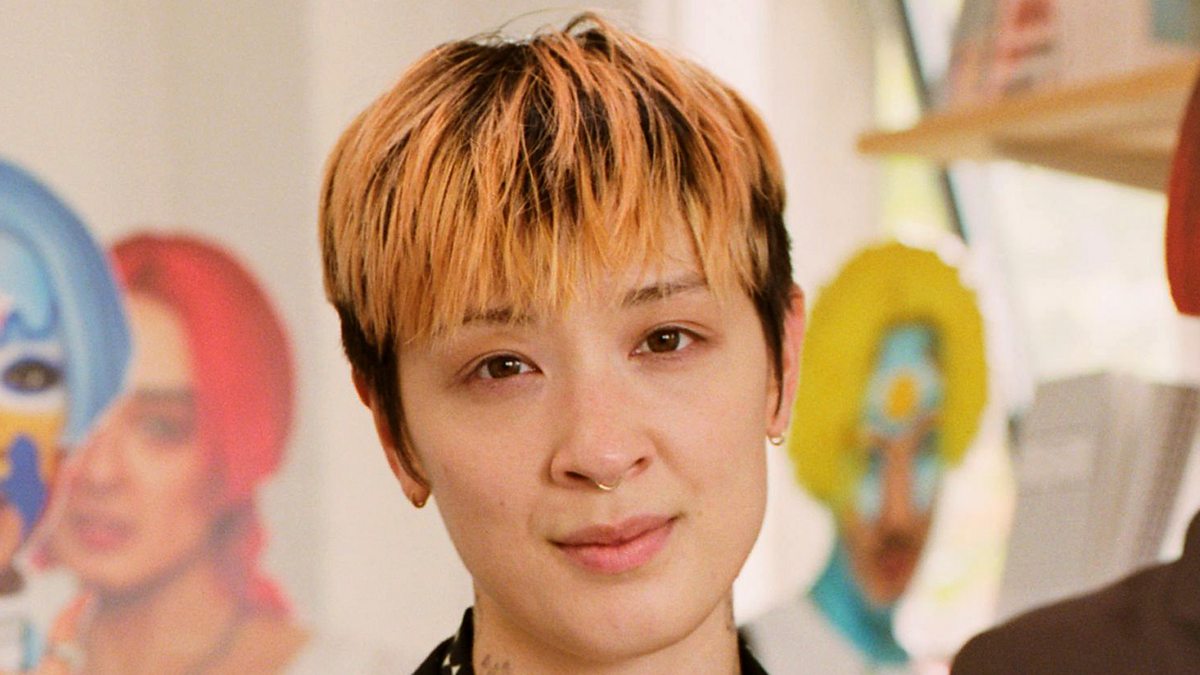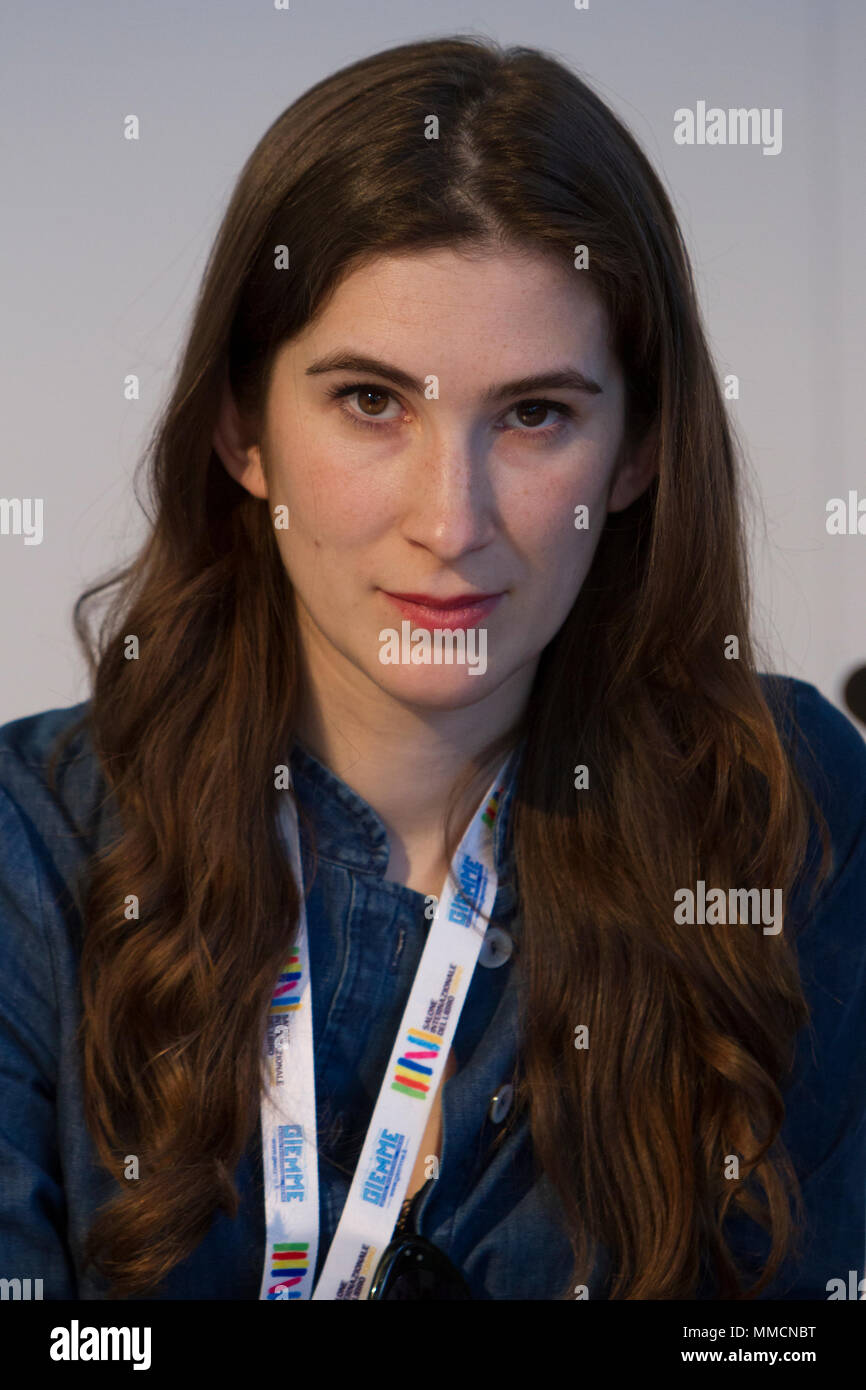


These poems are no more autobiographical than Shakespeare’s sonnets of course they would be impossible without personal experience, but they are not chronicles of such experience, and the conventional description of the young Donne as a “rake” is probably misleading. Rundell sensibly warns us against imagining that the astonishingly vivid, funny, exuberantly sensual verses of Donne’s twenties imply that he was an exceptionally promiscuous man. Donne was to write about these matters in his late thirties with just a touch of obsessiveness, overcompensating, perhaps, for guilt at the abandonment of his family’s costly faith.īut his first literary flowering was as a love poet. As a young man studying at Lincoln’s Inn, he saw his younger brother arrested because of his involvement in harbouring a Catholic priest: the priest was executed, and Henry Donne died of the plague in prison, aged 19.Ĭatholics in the late 16th and early 17th centuries were thought of in a similar way as we might think of Islamic State or al-Qaeda: for English Protestants, the Catholic martyr was not far removed from the suicide bomber in the modern imagination, someone who was as indifferent to the lives of others as to their own. Born in 1572 into a Catholic family of Welsh origin connected with the martyred hero Thomas More, he grew up in the intense and secretive world of a religious minority subject to draconian restrictions and savage official penalties for non-compliance. And the subject matter was of intense concern: most hearers believed that what Donne was talking about had something to do with their ultimate nature and fate as human agents, and the detail of this was the topic of fierce public contest, literally a question of life and death.ĭonne knew more than many about this life-and-death dimension.

People came to experience the sheer stage presence but they also relished the physical energy of the words, the music of rhythms and cadences constructed by an expert rhetorician. She avoids (thankfully) the cliché about the early modern preacher as a rockstar equivalent, but helps us see that someone like Donne combined the appeal of a great actor, a performance poet, and a charismatic media don – a mixture of Mark Rylance, Kae Tempest and Brian Cox. As Katherine Rundell reminds us in this spirited and sympathetic biography, the risk was real enough when John Donne was in the pulpit, especially in the flower of his achievement as dean of St Paul’s. The last thing that keeps contemporary Anglican preachers awake at night is the risk of serious injury resulting from the crush of people in their congregations.


 0 kommentar(er)
0 kommentar(er)
